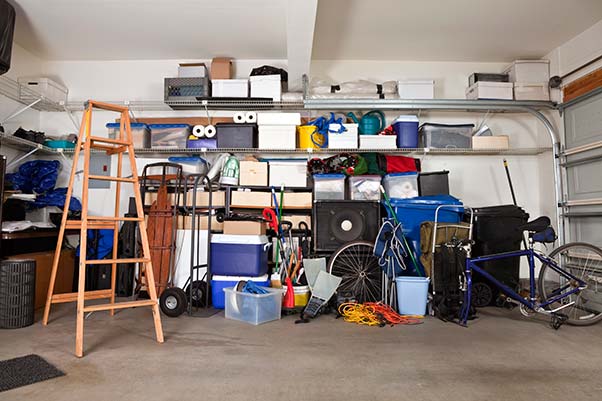Since the creation of Superman in 1938, comics have been a big part of American culture and a big business. From the young fans enjoying their favorite superhero’s adventures to the amateur collector looking to cash in on his collection, comics are a big deal these days. Even serious investors have gotten into comics in recent years. In 2010, a New York Auction Company sold the 1st Superman comic for $1.5 million (it cost just 10 cents in 1938 when it came out)…not a bad return on investment for the collector who held on to that one. If you are thinking about getting into comic collecting, or just a fan, there are a few things you need to keep in mind to keep your comics in the best possible condition over time. Follow these tips, and you may be the proud owner of a million dollar comic someday:
Handle Comics With Care
If you are planning on collecting comics, then you need to treat them right so they will stay in pristine condition over time. That means that you should wash your hands before you handle valuable comics. If you forget this important step, you could easily end up with oils that could stain the pages of your comic books. For added protection, try wearing gloves when you handle them.
You should also be careful to handle your comics by the open end. Never handle comics by the stapled end, as this can cause stress marks on the spine or lead to other damage.
Get Your Comic Books in Order
Like any other collectible, it is probably a good idea to take inventory of your collection, organize it, and keep track of details such as title, author, price paid, storage location, and other pertinent information. It doesn’t matter whether your organizational system is a handwritten list or an Excel spreadsheet; it will just make your life easier if you get your collection inventoried and organized.

Put Them in the Right Container
Comic books should never be stored flat or stacked on top of each other as this can cause damage. Make sure to store your comics upright in comic storage boxes. Individual comics should also be placed inside of plastic or Mylar sleeves and supported by acid free backboards. This will ensure that your comics have plenty of support and avoid wear along the spine and edges. These packing supplies should be readily available at any craft store.
Store Them in the Right Place
Like other collectibles, comics have 3 main enemies: moisture, temperature, and light. Comic boxes should be stored in a consistently cool, dark, and dry location. The ideal environment for your comics is away from direct light, 70 degrees Fahrenheit or below and 50-60% relative humidity. They should also be stored away from locations with drastic fluctuations in any of these variables.
Aside from the general environmental conditions, care should be taken to protect comics from water damage or fire. Never store comics directly on the ground where they can soak up moisture from leaking pipes, flooding, or even the cement itself. Ideally, comic boxes should be placed on shelves to keep them safe.
Get Them Graded, Appraised & Insured
 Comic books that are especially rare or valuable need to be graded and appraised. There are various well-established companies that will look at the more valuable items in your collection (or the whole collection if you choose), grade them on their condition and appraise their value. They will even store valuable items for you if you are willing to pay extra for it.
Comic books that are especially rare or valuable need to be graded and appraised. There are various well-established companies that will look at the more valuable items in your collection (or the whole collection if you choose), grade them on their condition and appraise their value. They will even store valuable items for you if you are willing to pay extra for it.
If you have a valuable collection, it is very important that you get your collection insured. Comic books are not covered under typical homeowner’s or renter’s insurance policies. You should talk to your insurance agent to get appropriate coverage.
Check in on Them Occasionally
Unfortunately, you can’t just put your comics in storage and expect them to last forever. Proper care for comics includes checking on them with some amount of regularity to ensure that they maintain their pristine condition. When checking the condition of your collection, make sure to look for any sign of mold or mildew, yellowing or warping of pages, or bleeding colors.
If you find evidence of damage to your comics (especially mold or mildew related damage), you should immediately remove them from storage, set them in a dry area to air out, and re-package them for storage. Mildew can cause extensive damage to any collection, so you need to act fast to keep it from spreading.
With a little work and proper storage, your comics can last a lifetime, bring you plenty of enjoyment, and maybe even a little money too.










